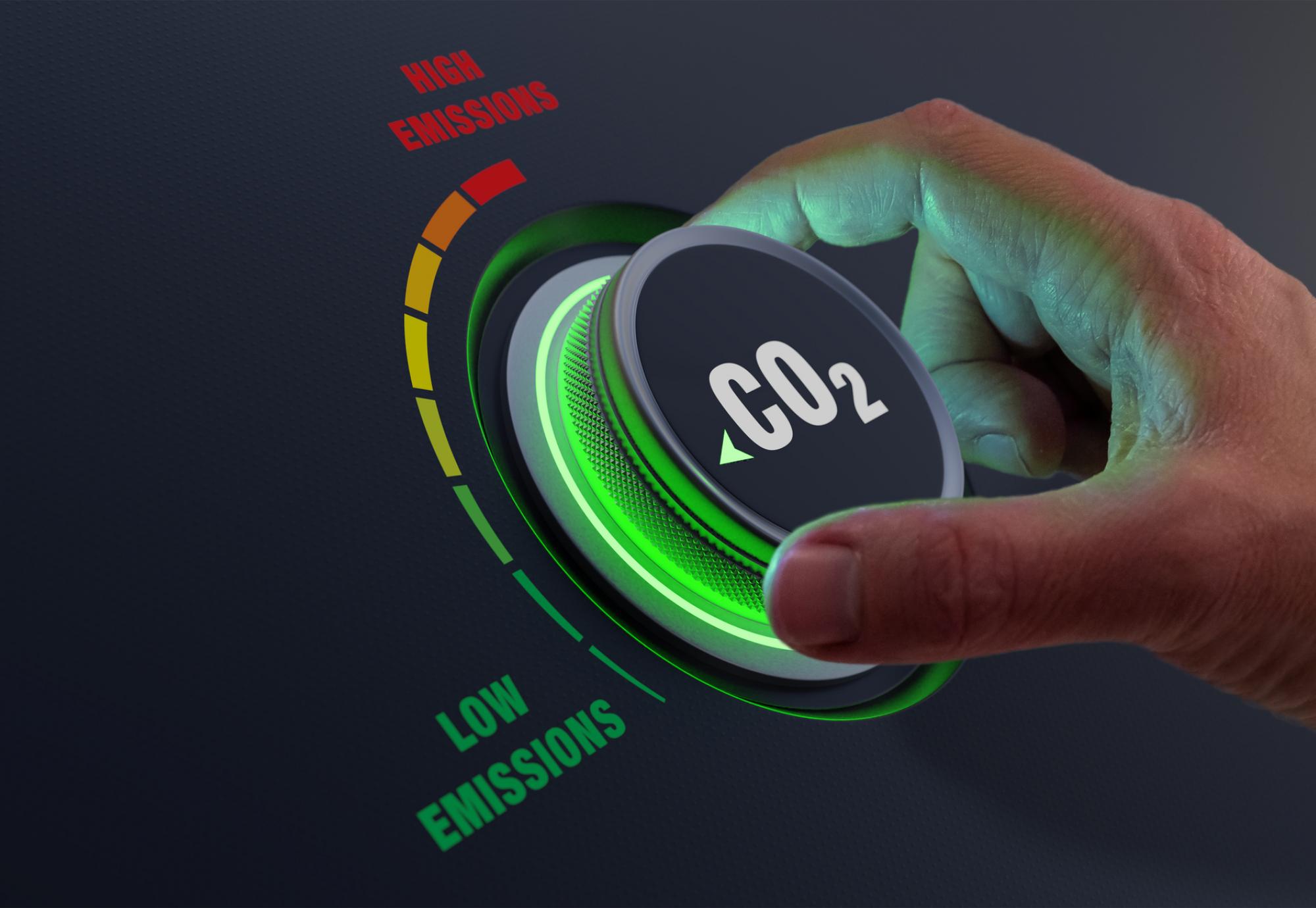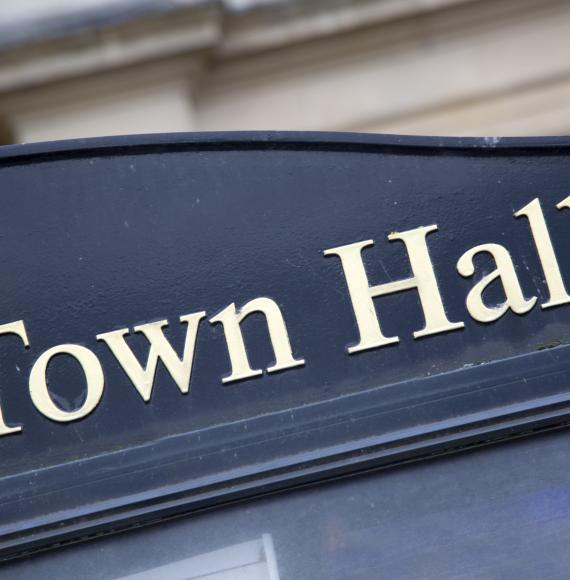A new £270m has just been announced by the Government, set to make homes and businesses greener as low-carbon energy is placed at the heart for heat network projects across England.
The fund will only support low-carbon technologies such as heat pumps, solar and geothermal energy in the roll out of the next generation of heat networks, enabling more towns and cities to take up this successful technology from 2022.
There are currently more than 14,000 heat networks in the UK, providing heating and hot water to almost half a million consumers.
Heat networks supply heat to buildings via a central source, consequently avoiding the need for households and workplaces to have their own, energy-intensive heating solutions.
Heat networks could be a cost-efficient way of cutting down carbon emissions from heating.
The Green Heat Network Fund will result in 10.3Mt of total carbon savings by 2050, or the equivalent of taking 4.5 million cars in England off the road for a year.
They are the sole reason that larger-scale renewable and recovered heat sources – such as heat from large rivers and urban recovered heat, like from the London Underground – can be utilised.
The previous Heat Networks Investment Project (HNIP) provided over £165m in funding for schemes across England and Wales since 2018.
The new Green Heat Network Fund (GHNF) replacement scheme will mean applications will only be supported if they include low-carbon heat-generating technologies, like heat pumps, waste heat and energy from geothermal sources.
The successor scheme will play a crucial part in starting market demand for heat pumps, reducing costs for consumers and delivering a mix of low-carbon heating solutions, before gradually moving away from fossil fuel boilers across the next 15 years.
Heat in buildings is a major source of the UK’s carbon emissions, accounting for 21% of the total.
Consequently, it is absolutely necessary to provide a mix of new, low-carbon heating solutions to meet the UK’s legally binding target to reach Net Zero by 2050.
Energy Minister Lord Callanan said “finding a mix of innovative solutions to how we heat our homes in the most affordable way is going to be vital as we support people to gradually transition away from gas boilers over the next 15 years.
The minister continued, “today’s announcement (7 September) shows we are going even further in our goals to expand this tried and tested heat networks technology, making even more use of the likes of recovered heat from the London Underground to heat our homes.
He added, “the Green Heat Network Fund will also allow us to drive forward the new, cost-effective and low-carbon technologies we need to kick-start new industries and support new jobs in the low-carbon technology sector as we build back greener from the pandemic.”
The Government is pushing investment through the Green Heat Network Fund as although heat networks meet around 2% of the overall UK demand for heating, the independent Committee on Climate Change (CCC) has anticipated that, with sustained support, they could provide 18% by 2050
The project will focus on speeding up the growth of the heat network market.
Current fossil fuel suppliers of heat are still permitted for the meantime, as long as they offer carbon reductions which will eventually be replaced by low-carbon alternatives over time.
Nevertheless, the new scheme will incentivise new and existing heat networks in England to shift from high-carbon sources, on top of exploiting waste-heat opportunities, whilst reducing costs for consumers.
The government has also released an assessment of the potential for future heat networks to be sited across England, Scotland, Wales and Northern Ireland.
The study has identified opportunity areas that could be best placed to support future heat network projects and how much heat could be supplied by them.
It has also outlined areas for district heating in each of the four nations across the UK by merging heat demand data and potential sources of waste heat to determine where heat networks could be commercially viable.


















